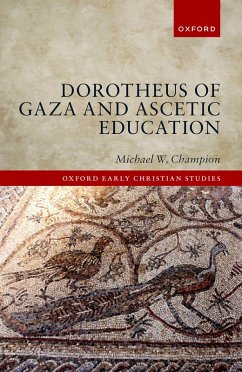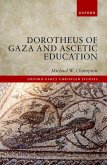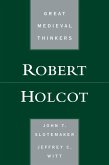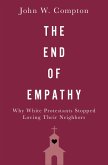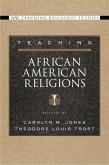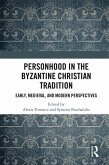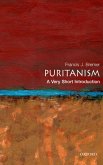Dorotheus of Gaza and Ascetic Education approaches fundamental questions about the role and function of education in late antiquity through a detailed study of the thought of Dorotheus of Gaza, a sixth-century Palestinian monk. It illumines the thought of a significant figure in Palestinian monasticism, clarifies relationships between ascetic and classical education, and contributes to debates about how different educational projects related to late-antique cultural change. Dorotheus appropriates and reconfigures classical discourses of rhetoric, philosophy, and medicine and builds on earlier ascetic traditions. Education is a powerful site for the reconfiguration and reproduction of culture, and Dorotheus' educational programme can be read as a microcosm of the wider culture he aims to construct partly through his adaptation and representation of classical and ascetic discourses. Key features of his educational programme include the role of the notion of godlikeness, the governing role of humility as an epistemic virtue intended to organize affective and ethical development, and his notion of education as life-long habituation. For Dorotheus, education is irreducibly affective and transformative rather than merely informative at the individual and communal scales. His epistemology and ethics are set within an account of the divine plan of salvation which is intended to provide a narrative framework through which his students come to understand the world and their place in it. His account of ways of knowing and ordering knowledge, ethics and moral development, emotions of education, and relationships between affect, cognition, and ethical action aims towards transformation of his students and their communities.
Dieser Download kann aus rechtlichen Gründen nur mit Rechnungsadresse in A, B, BG, CY, CZ, D, DK, EW, E, FIN, F, GR, HR, H, IRL, I, LT, L, LR, M, NL, PL, P, R, S, SLO, SK ausgeliefert werden.

